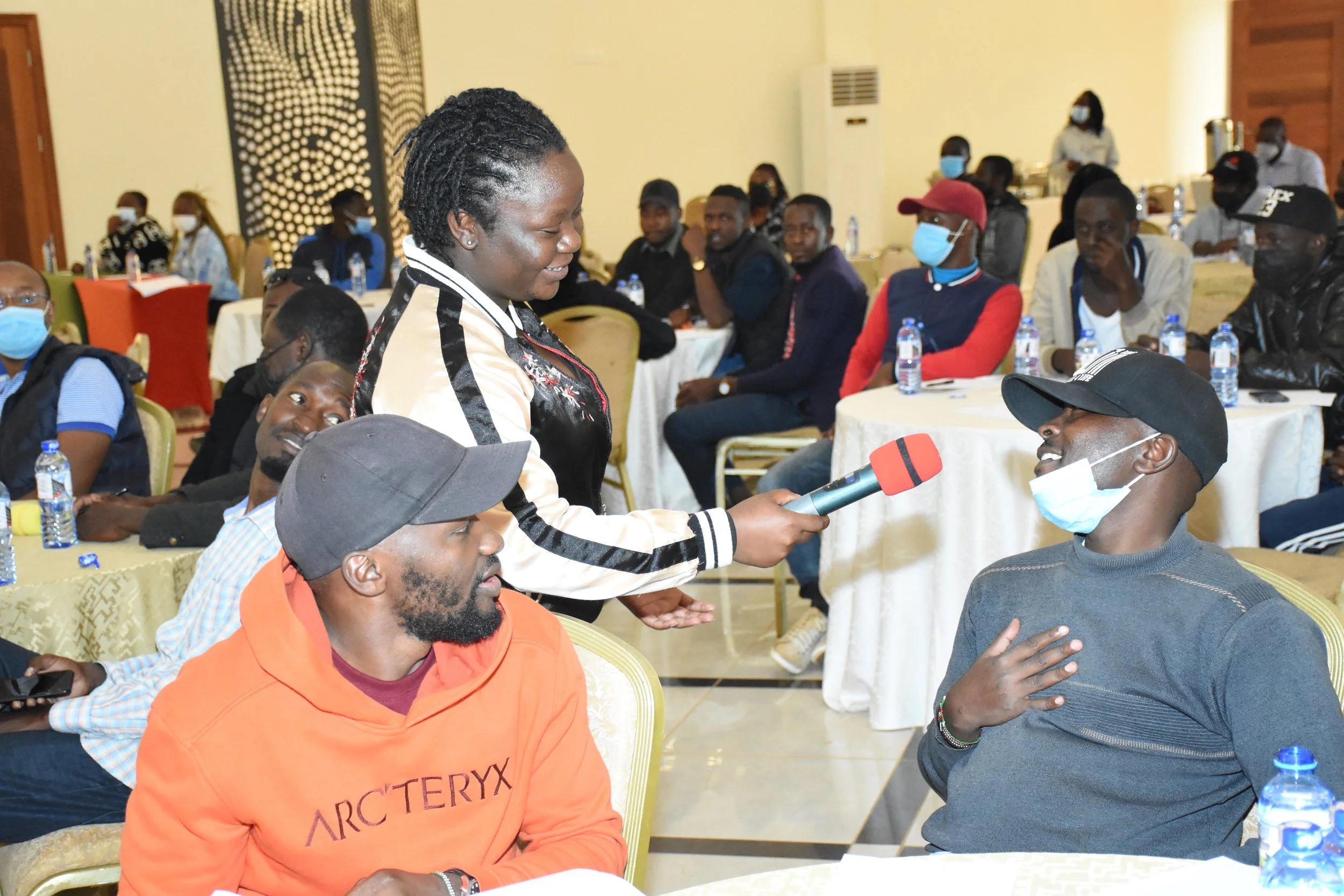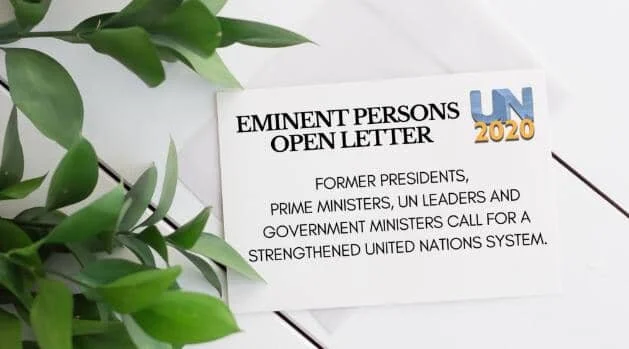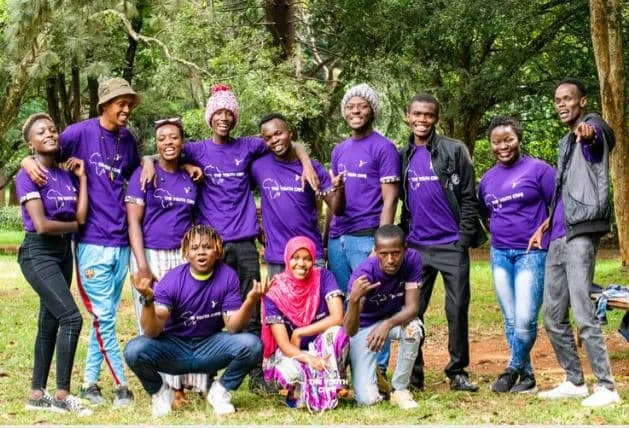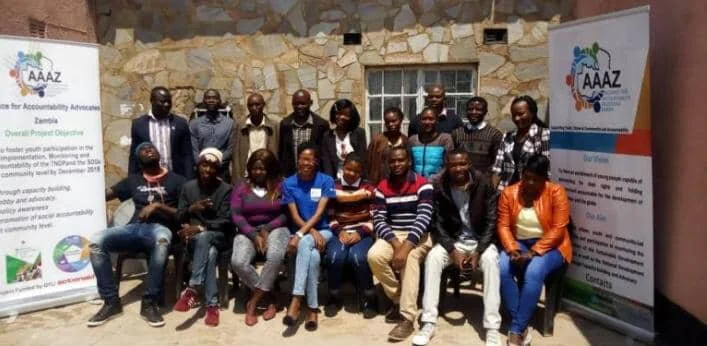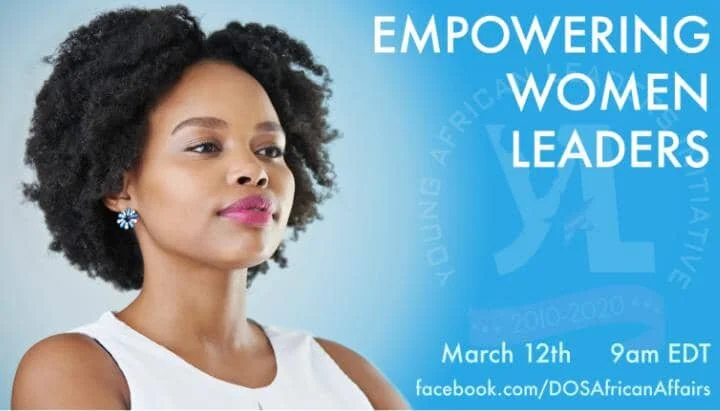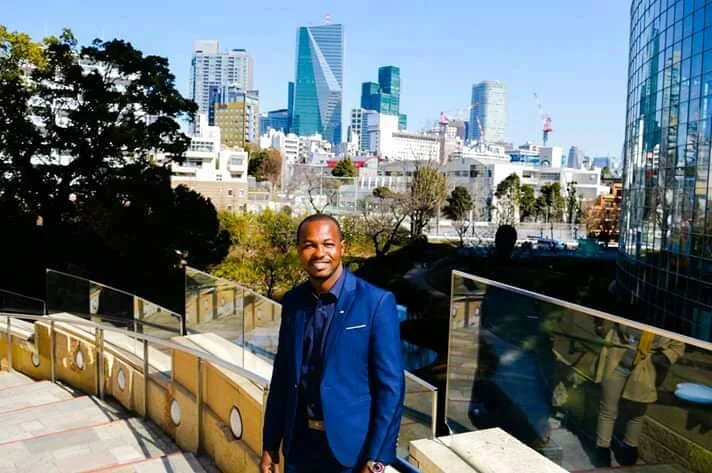Build and Share Power: Non-profits and movement leaders have traditionally not been present in rooms where governments and corporations make big structural decisions. This is especially true for black-, indigenous-, and people of color-led organisations, as well as those led by women, young people, and people with disabilities. Funders can help re-balance these inequities. They can achieve this by sharing power with and building power for the social sector, giving more resources directly at the local level to organisations with local leadership and local ownership, and making more robust investments in organizations led by proximate leaders of color. More inclusive decision-making structures and spaces need to be designed.
IDEAS TO ADVANCE LOCALIZATION
This article captures the full range of notes and ideas to address localization challenges, generated by workshop participants during brainstorming and small group discussions. The views and conclusions contained in this article are primarily those of non-USAID participants and should not be interpreted as representing the views, positions, or official policies, either expressed or implied, of the U.S. Government.
How Does The Youth Café Promote Critical Citizenship Among Youth In Kenya?
The Youth Café trains the youth on civic education driven by result-oriented, evidence-based performance, which informs Our Theory of Change: A Pathway for Action, Sustainability, Results, Learning, and Adoption. These changes include institutional changes, service systems, community norms, partnerships, public will, policies, regulations, service practices, business practices, and issue visibility.
Former Presidents, Prime Ministers, UN Leaders And Government Ministers Call For A Strengthened United Nations System
According to Mary Robinson, former President of Ireland and former UN High Commissioner for Human Rights, “The 75th anniversary of the United Nations should provide an opportunity to do more than look back and celebrate past achievements. Governments must take stock of the current challenges facing the UN. The hard months and years ahead will require determined and principled leadership. Multilateralism is not an option: it is the only path that can deliver a green, sustainable and equitable recovery.”
Youth-Led Gender Activism Towards Inclusive Peace-Building
Young women are at the intersection of these two agendas and should therefore be actively engaged in the conversations surrounding peace-building, peace-negotiations, and peace-keeping. It is becoming increasingly difficult to ignore the role of young people in furthering gender activism. Young women have particularly been previously excluded as ‘youth’ has been translated as ‘young men’ in the context of war, conflicts, and peace-building.
It’s Time To Be Courageous, Says One Young Leader In Zambia
But in her work with young adults, Christabel has observed a general detachment among the youth from matters of civic import, and she attributes the dispassion to limited resources. As she sees it, young leaders can’t hold those in power to account if they themselves don’t have access to information; rather, Christabel advocates for a well-informed generation, one both capable of identifying wrongdoing and emboldened to speak out against it.
5 Traits Of Female Leaders
“How do you convince a male-dominated field to accept women?” It started with one game, and then another. Soon we had two national teams participating in international games. Don’t think about what anyone else is doing. Start by looking at your community and the needs that they have,” she said. “Then think about how you and your skills come into play.”
Want To Find Yourself? Start By Serving Others.
“In today’s world, we face complex problems,” Salissou says. “We need new leadership skills, we need community engagement, we need a new model to understand how interconnected we are and to address communal problems, together.”For him, leadership starts with personal reflection and growth. Only after these, Salissou explains, can individuals hope to educate and empower their peers.
How To Develop Business Resiliency During The COVID-19 Pandemic
It is a difficult task to navigate the COVID-19 pandemic as a business owner, as trade is unreliable, customers are less likely to visit in person, and there is a lack of demand for products; however, it is possible that by following these recommendations, you and your business can become resilient and flexible as the world begins to recover and rebuild.




